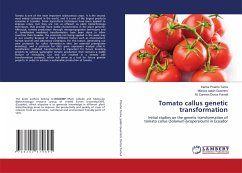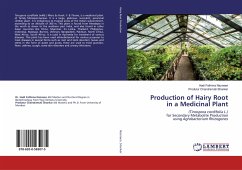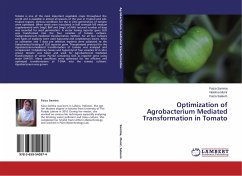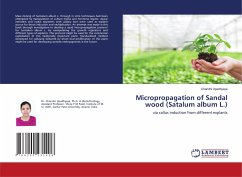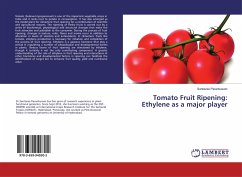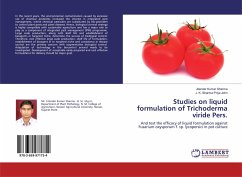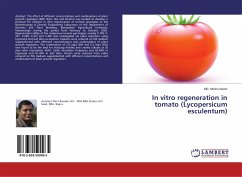Tomato is one of the most important solanaceous crops. It is the second most widely cultivated in the world, and it is one of the largest products consume in Ecuador. Some agricultural techniques have been applied to improve crops, but they are not as efficient as plant biotechnology techniques, that provide more stable characteristics in the plant genome. Although, tomato production through micropropagation techniques and A. tumefaciens mediated transformation have been done in other countries than Ecuador, the protocols not being applied in the same way in our country because of many different factors such as environment, human sources and laboratory conditions. For this reason, generating our own protocols for callus formation in vitro (an essential prerequisite breeding), and a protocol for GUS gene expression analysis after A. tumefaciens mediated transformation is important for future breeding projects to achieve sustainable tomato production that contains a stable feature of heritability. Our trial out resulted in a tomato calli transformation protocol, which will server as a tool for future genetic projects, in order to achieve a sustainable production of tomato.

